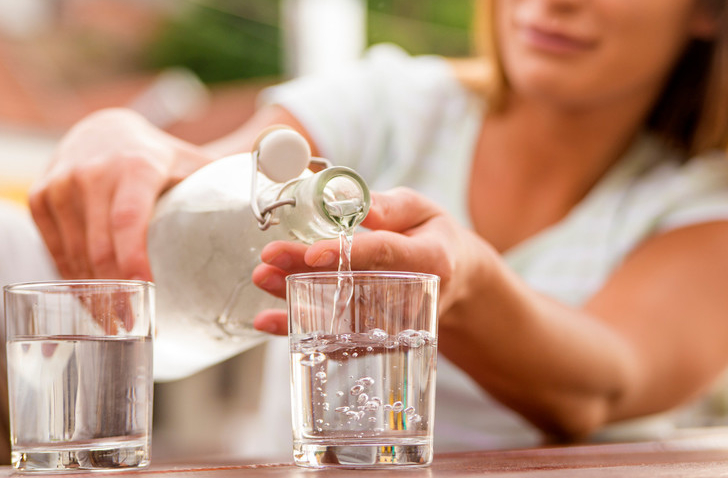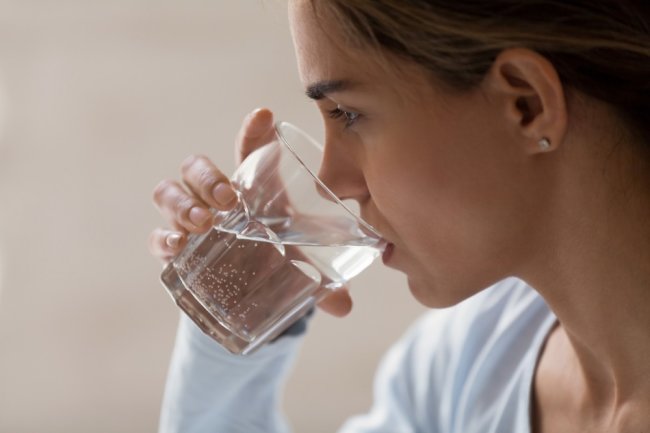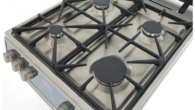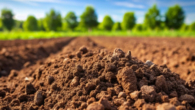
6 signs of a dehydrated body: how to recognize and what to do about it
0
Everything has been said about the need for water for the body and even more, but not everyone monitors the amount of fluid. With a thousand daily chores, we simply forget to drink enough water, which leads to dehydration. The lack of fluid in the body is instantly reflected in your appearance and well-being.
6 signs that your body is dehydrated:
Dry skin
Be sure, your skin will instantly let you know that your body is lacking water. The skin color becomes duller, there is a feeling of tightness and peeling. Wrinkles that were previously barely noticeable may become more pronounced (and age has nothing to do with it), and circles under the eyes – darker. Many try to solve the problem by constantly applying moisturizer, but it will be of little use if you do not increase the amount of fluid consumed. Beauticians also recommend using water for washing, the temperature of which does not exceed body temperature.
Fatigue
The familiar afternoon desire to sleep is most often caused not by increased exertion, but by a banal lack of fluid in the body. When the body is dehydrated, blood pressure drops, heart rate increases, and blood flows more slowly to the brain – all this causes a feeling of fatigue and drowsiness. Before taking another cup of coffee (which, by the way, is the record holder for dehydration), drink a glass of water. A surge of vigor will not be long in coming, you will see!
Irritability
If you feel irritated with your colleagues and the whole world in general, drink a glass of water – and your mood will immediately improve. Mood depends on the level of fluids in the body: numerous studies have found that if you are even 1% less water than you need, you risk turning into a ticking time bomb that can explode at any moment.
< p>
Headaches
Lack of fluids can trigger a severe headache. Dehydration affects the level of serotonin in the blood, which causes acute pain in the temple area. In addition, small blood vessels in the brain react very quickly to the water level and, if it is lower than normal, severe migraines will bother you. Before drinking a painkiller, try to first restore the water balance with two glasses of water. Most likely, the headache will stop.
Muscle spasms
When your body doesn’t get enough water, blood circulation slows down, which causes muscle cramps. To prevent vital organs from becoming dehydrated, the body draws fluid away from the muscles, as it’s not that important. Cramps aren’t life-threatening, but they’re not very pleasant, so it’s best to avoid dehydration.
Swelling
With a lack of water, the body is forced to retain all the water it has in the tissues. This leads to a slowdown in blood circulation, metabolism, and the appearance of edema. There is a widespread and completely false belief that edema is caused by excess fluid. Many people try to fight edema by limiting their water intake, but this only leads to an increase in edema. Coping with this problem is very simple: you need to monitor how much you drink. Doctors recommend consuming 30 ml of fluid per 1 kg of weight, that is, an average of 2-2.5 liters per day. However, two liters of fluid means two liters of pure water. Tea, coffee, juices, and lemonades do not count – on the contrary, they only dehydrate the body, so you should not abuse them.









Leave a Reply